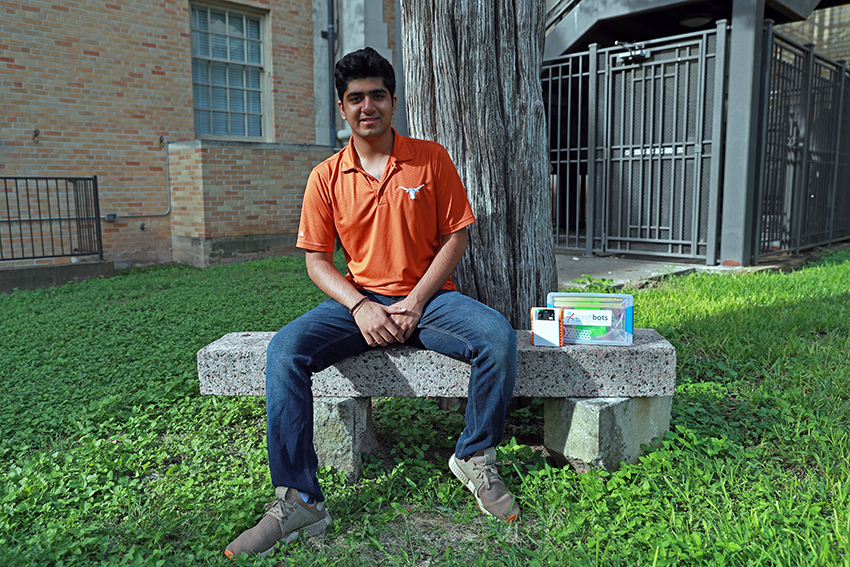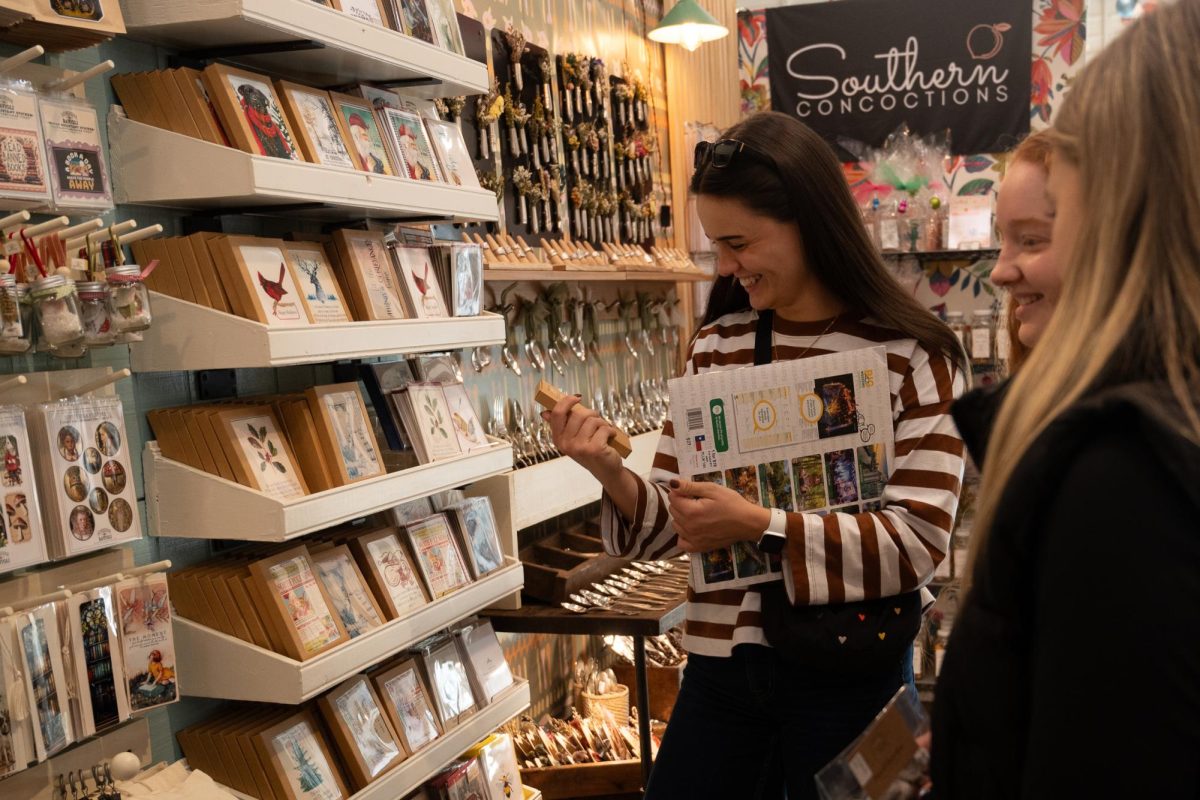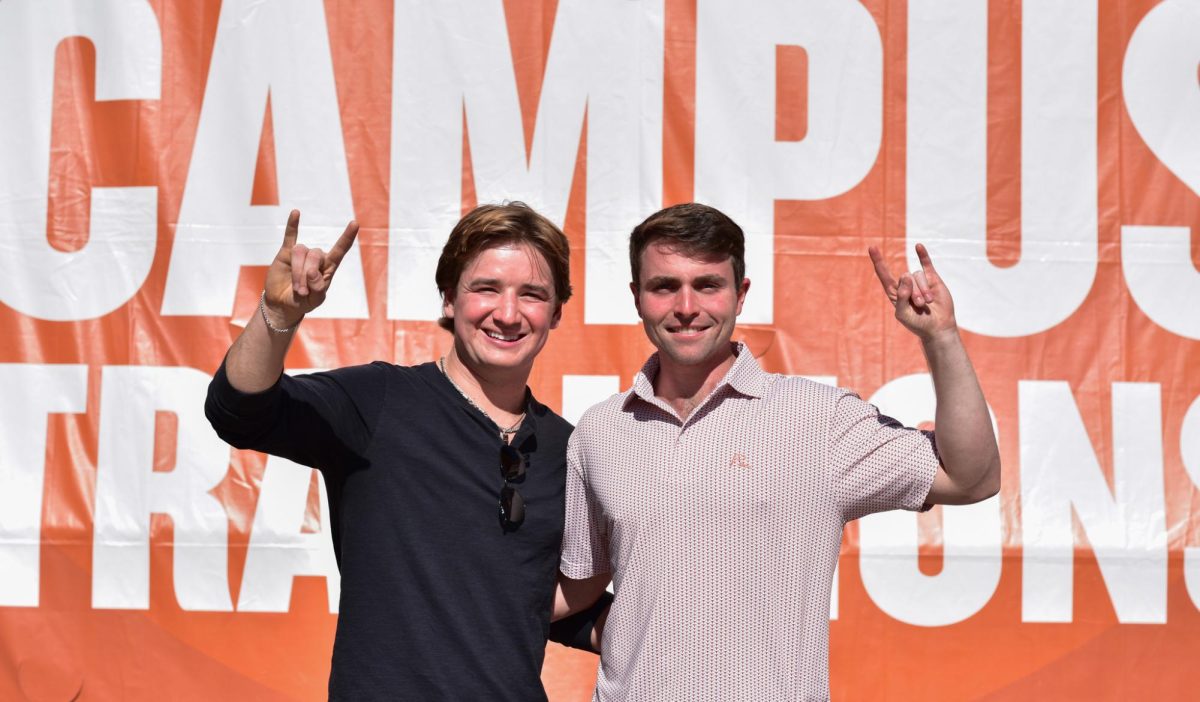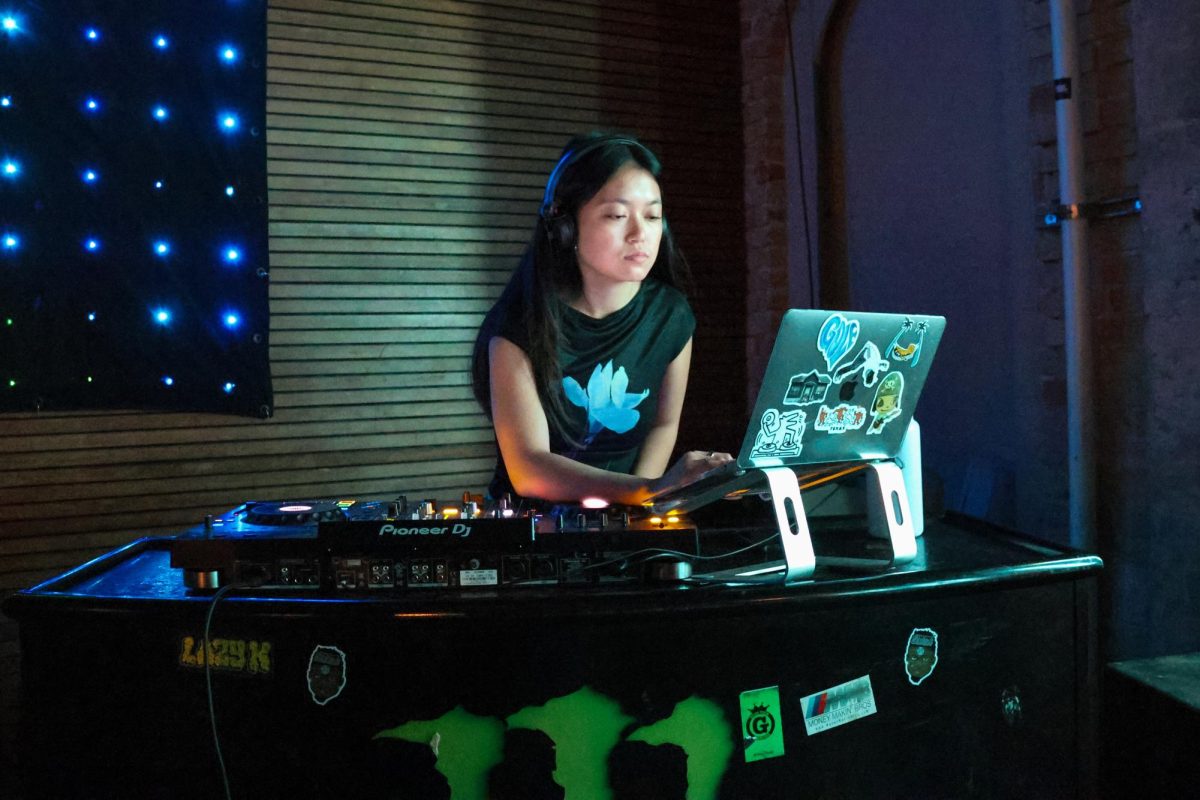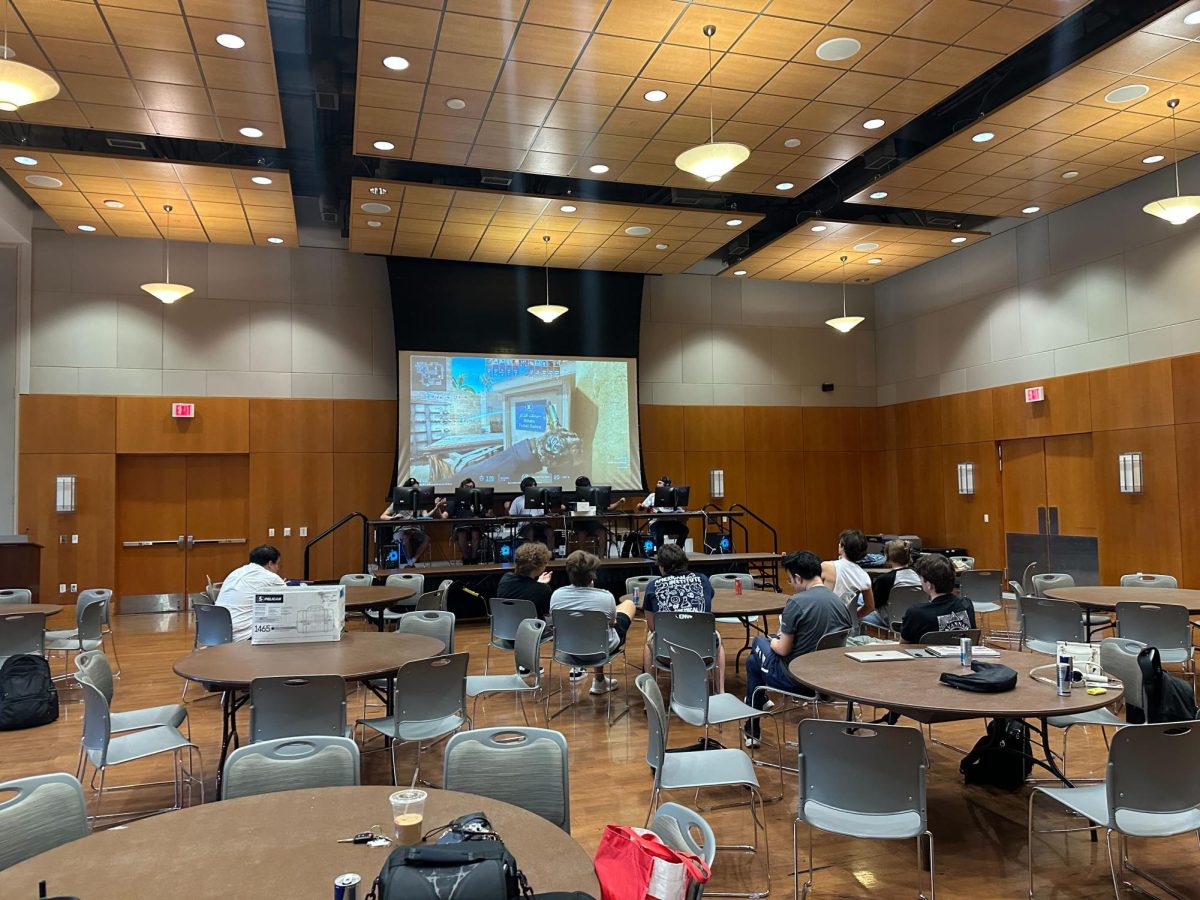Since middle school, Rohit Srinivasan, a Plan II and mechanical engineering freshman, and his younger brother, Sidharth, have volunteered at orphanages in India. They witnessed the lack of opportunities for people to cultivate important 21st century skills such as computer science, leading to their idea for a startup that aims to make these tools more accessible.
The siblings co-founded Trashbots with Paul Austin, the retired Chief Architect of National Instruments, to develop low-cost STEM kits to help children develop their technological skills so they can have an academic advantage that would otherwise be outside of their means. At the time, Rohit was in high school, and Siddharth had just finished middle school. In the future, Rohit hopes the skills children learn from Trashbots will translate to job opportunities.
“The best way to do that is making sure they understand technology as well as problem-solving, creativity and presentation skills,” Rohit said. “(These) are very abstract skills that I personally believe schools are not doing a good job fostering.”
Trashbots began as a nonprofit before they realized fundraising, receiving grants and launching the business would take years. As a result, the group focused on creating a startup that could be just as helpful while remaining efficient.
“In order for us to achieve what we have now, it would have taken us years,” Rohit said. “On the other hand, we can still do good on the planet, but we can get investors who can sell equity in our company. We can grow a lot faster and help a lot more people in a lot less time.”
The brothers tried to find hardware and software to help accomplish their goal. After a long search, they decided to create their own kit.
“As we went off, we figured out maybe it’s good that we do have (to create) a software,” Sidharth said. “Maybe it’s best that we do build up this part of the hardware. Over time, our team developed, as any product would.”
When they began, the only team member with expertise about startups was Austin, who worked with National Instruments for 28 years before leaving to pursue his own vision. Even with his experience backing the team, Trashbots — like all startups — encountered challenges.
“The number one reason startups fail is because they give up,” Austin said. “You have to have an idea that’s going to get there, but a lot of times, the work and challenge feel daunting. The most important thing is getting through the next hill and not (trying) to take the mountain at one.”
Their success is due to many factors, but Sidharth said an important one is how the three work together.
“Our skills complement each other well,” Sidharth said. “I’m good at software, social media sites and curriculum development. He’s good at doing the hardware (and) business development. Our skills lie in different areas, so when we put them together we can achieve great things.”
Together, they have created a vision offering STEM education to schools in the United States and developing countries. They hope to continuously grow to improve the lives of more children.
“Every day we’re trying to inch the ball forward, get a little closer to our goal of creating an accessible way for kids to learn,” Rohit said. “Hopefully one day I can see kids around the world using this product and learning through (it).”

